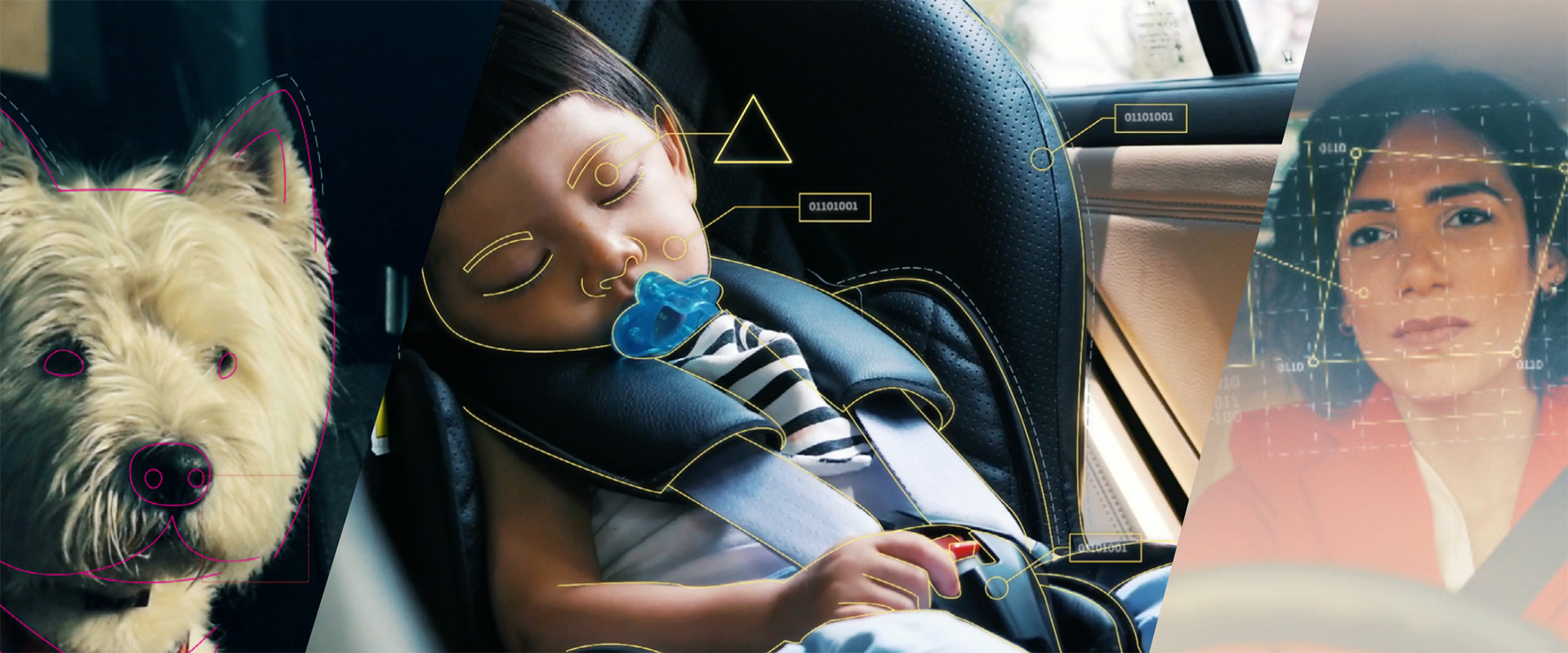EN


What role can eye tracking technology play in the future of mental health research? How can it help manage, identify and even treat certain conditions?
In a recent podcast episode, we spoke to a Product Specialist at iMotions, Dr. Pernille Bülow. iMotions is a fully-integrated, hardware-agnostic software platform that allows researchers to use the power of any neuroscience technology, as well as traditional surveys and focus groups, to gain unparalleled insight into what people actually think and feel. Their customers use iMotions for everything from diagnosis of neurological diseases such as Parkinson, Schizophrenia, Autism and Alzheimers to personnel training, UX testing, advertising and military human research.
At iMotions, Pernille consults and trains academic and commercial researchers on multimodal biometric data collection and study design. Pernille finished her BS at UC Berkeley and University of Copenhagen, and completed her PhD in Neuroscience at Emory University where she studied brain mechanisms associated with the neurodevelopmental disorder Fragile X Syndrome. She continued to do a short Post-Doctoral fellowship at Harvard Medical School and MGH where she studied the interaction between the autonomic and central nervous system. Pernille is passionate about sharing her knowledge to help others create groundbreaking science.
We talked about Emotion AI in mental health applications, the role of biosensors in mental health research and where this technology is heading in the future. Here are few points from our conversation:
Deputy CEO of Smart Eye (formerly co-Founder and CEO of Affectiva) Dr. Rana el Kaliouby and I both have a personal interest in mental health, and over lunch we started casually talking about how we are involved with different types of activities to create awareness and support for mental health. After a while, the conversation turned to biosensor research. How many people in mental health do biosensor research – and what type of research do they do? Did we have any iMotions customers that did multimodal biosensor research?
If you have a mental illness you are thrice as likely to later suffer from a chronic illness, so addressing mental health should in many ways be seen as preventative work. Thus, we currently have a major challenge in addressing mental health.
At the same time, we have this huge rise of biosensor technology, both as a part of lab research devices but also simple wearables that anyone can access and use. Traditionally research is conducted in a lab, which is really not an environment that accurately reflects people’s lives. To overcome that, researchers have done field work but have been limited on technological capabilities and therefore relied usually solely on surveys. Now, we can conduct research both in the lab to get this highly controlled data, and in parallel conduct research in the field with biosensors that can give objective measures of physiological changes in a time and context dependent manner. This enables us to say at this time and at this place, anxiety is higher for this population.
So while biosensors have been around for a long time, we have undergone a recent technological advancement which has made it possible to collect objective physiological measures from people in their real lives. There is a huge excitement about how this ability could improve and maybe even transform the way we think about mental health and how we treat it as well.
I can definitely give examples. iMotions client Dr. Ryan Jacoby, a researcher at MGH, uses a combination of different biosensors to investigate biomarkers of rumination disorders. Biomarkers are objective, often biological, ways to measure a certain behavior that may be a symptom of a disease. Rumination is the action of “overthinking” seemingly trivial things/actions etc. Some mental illnesses are “famous” for their rumination symptoms, for example OCD, but rumination is also a major challenge in other mental health disorders for example eating disorders and general anxiety disorders. Ryan uses a multimodal approach to investigate the overlap in symptomology, and she is actively using this data to inform how to develop effective treatment interventions that she is also testing the efficacy of with biosensors.
I think this work is very powerful because it demonstrates the significant overlap in symptoms between different mental illnesses that could potentially benefit from the same evidence based treatments. Moreover, it is interesting to consider possible shared origins of these illnesses given their strong symptom overlap.
Learn more: listen to the full podcast episode, and register for the biosensors in mental health webinar.
